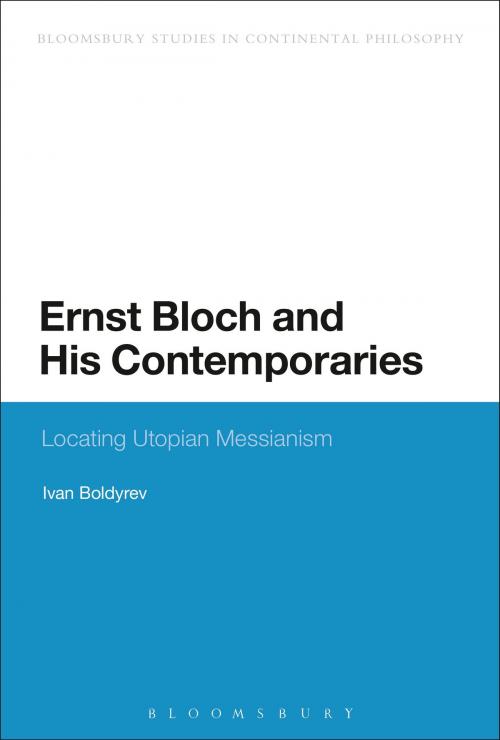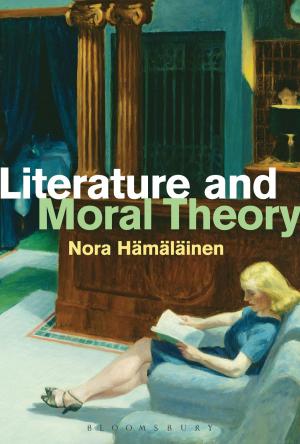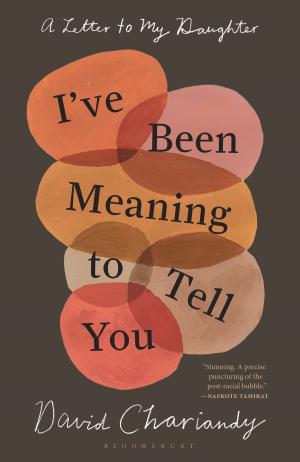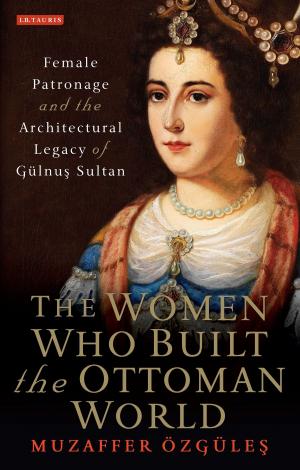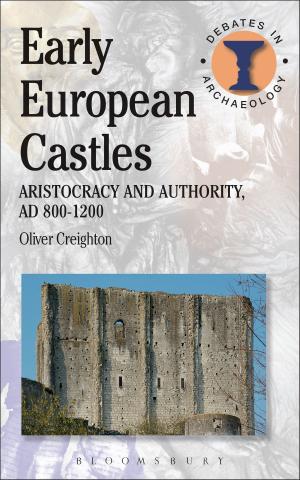Ernst Bloch and His Contemporaries
Locating Utopian Messianism
Fiction & Literature, Literary Theory & Criticism, European, German, Nonfiction, Religion & Spirituality, Philosophy, Political| Author: | Ivan Boldyrev | ISBN: | 9781472512062 |
| Publisher: | Bloomsbury Publishing | Publication: | February 27, 2014 |
| Imprint: | Bloomsbury Academic | Language: | English |
| Author: | Ivan Boldyrev |
| ISBN: | 9781472512062 |
| Publisher: | Bloomsbury Publishing |
| Publication: | February 27, 2014 |
| Imprint: | Bloomsbury Academic |
| Language: | English |
Ernst Bloch and His Contemporaries is a much needed concise yet comprehensive overview of Ernst Bloch's early and later thought. It fills an important gap in research on the history of German thought in the 20th century by reconstructing the contexts of Bloch's philosophy, while focusing on his contemporaries - Georg Lukács, Walter Benjamin, and Theodor Adorno. Ernst Bloch's influential ideas include his theory of utopian consciousness, his resolute inclination to merge aesthetics and politics, rehabilitation of hope, and atheistic conception of Christianity. Although Bloch's major early texts, Spirit of Utopia and Traces, have recently been translated into English, and there has been renewed interest in Bloch over the last 15 years, he is still relatively unknown compared to other left German-Jewish intellectuals. Ivan Boldyrev places Bloch's often enigmatic prose within contexts more familiar to English-speaking readers, and outlines the most important messages in Bloch's legacy still relevant today to European intellectual discourse, in particular aesthetics and philosophy of history.
Ernst Bloch and His Contemporaries is a much needed concise yet comprehensive overview of Ernst Bloch's early and later thought. It fills an important gap in research on the history of German thought in the 20th century by reconstructing the contexts of Bloch's philosophy, while focusing on his contemporaries - Georg Lukács, Walter Benjamin, and Theodor Adorno. Ernst Bloch's influential ideas include his theory of utopian consciousness, his resolute inclination to merge aesthetics and politics, rehabilitation of hope, and atheistic conception of Christianity. Although Bloch's major early texts, Spirit of Utopia and Traces, have recently been translated into English, and there has been renewed interest in Bloch over the last 15 years, he is still relatively unknown compared to other left German-Jewish intellectuals. Ivan Boldyrev places Bloch's often enigmatic prose within contexts more familiar to English-speaking readers, and outlines the most important messages in Bloch's legacy still relevant today to European intellectual discourse, in particular aesthetics and philosophy of history.
